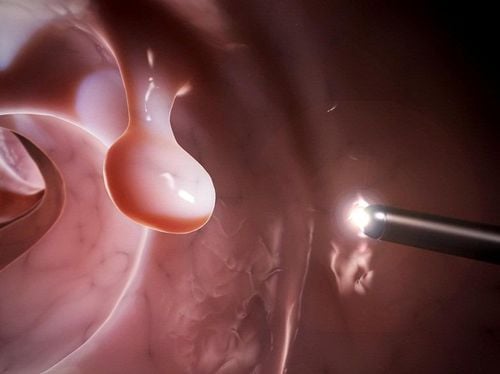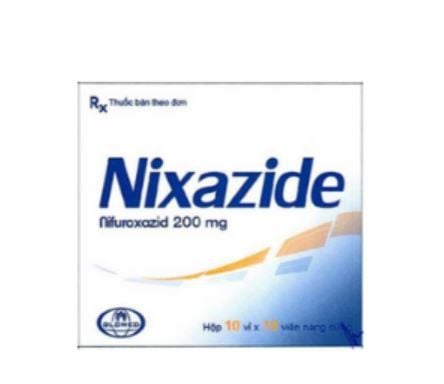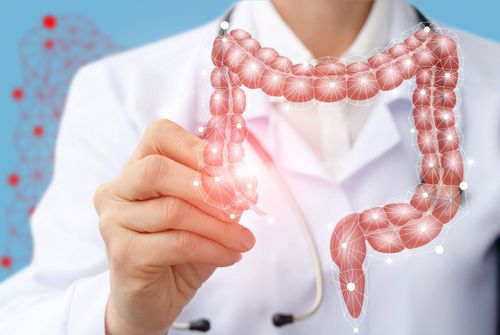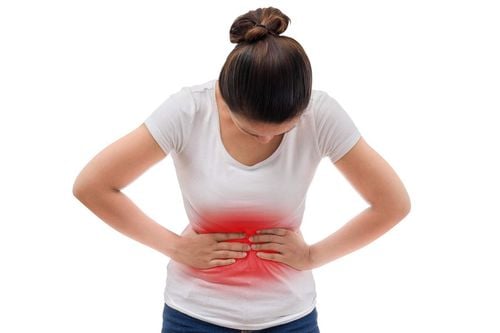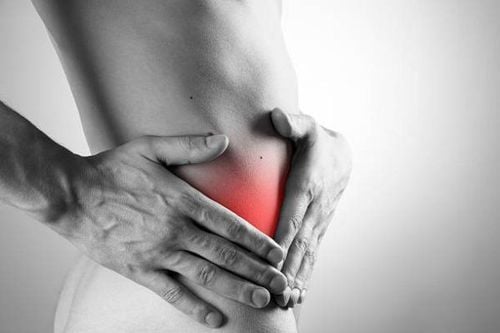This is an automatically translated article.
The article is professionally consulted by Master, Doctor Nguyen Thai Binh - Gastroenterologist - Department of General Surgery - Vinmec Ha Long International General Hospital. The doctor has more than 20 years of experience working in the specialty of abdominal surgery.1. What are colon polyps?
Colon polyps are abnormal growths in the inner lining of the colon. Although, most colon polyps are benign. But over time, some polyps can develop into colon cancer, which can even be fatal if detected at an advanced stage.Two common types of colon polyps:
Hyperplastic and inflammatory polyps. Usually these polyps are not at risk of becoming malignant colon polyps; Adenomas or adenomatous polyps. If left alone, can become colon cancer.

Blood in the stool or rectal bleeding Constipation or diarrhea that lasts more than a week Nausea or vomiting if you have a large polyp Anyone You may have colon polyps. People who are 50 years of age or older, are overweight or smoke, or have a personal or family history of colon polyps or colon cancer are at increased risk.
2. How to treat colon polyps?
The best way to treat colon polyps is to remove them. The polyps after removal are examined under a microscope to classify and determine if there are any cancerous cells. Doctors can usually remove polyps without performing surgery.If the size of the polyp is large then you need surgery, usually laparoscopic surgery. This type of surgery is minimally invasive and highly effective.
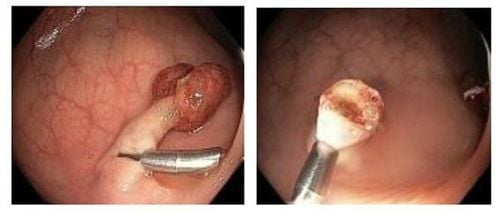
3. Colon polyps regrow after removal?
After removal of colon polyps it rarely grows back. However, at least 30% of patients have polyps that grow back after surgery. Therefore, patients should not be subjective and have to have regular check-ups during 3 to 5 years after surgery. After removal of colon polyps, patients are prescribed some medications that can reduce the risk of new polyps forming.4. How can colon polyps be prevented?
To prevent colon polyps, you should maintain a healthy diet, eat plenty of fruits, vegetables, whole grains and lean meats, and increase your vitamin D and calcium supplements. Foods rich in vitamin D and calcium include: yogurt, milk, cheese, broccoli, eggs, liver, fish.
For people in a high-risk group for colon cancer such as inflammatory bowel disease (ulcerative colitis or Crohn's disease); a family member with colorectal cancer; Suspected familial adenomatous polyposis, Lynch syndrome, especially those with colon polyps, colon cancer screening is extremely necessary. Colon cancer screening and early detection package provided by Vinmec International General Hospital is the best solution for this target group.
Joining the Examination Package, customers will receive:
Gastroenterology Specialist Examination (with appointment); Perform tests such as: Complete colonoscopy with NBI endoscope, with anesthesia; Diagnostic colonoscopy with flexible bronchoscope (with NBI machine, with anesthesia)
Please dial HOTLINE for more information or register for an appointment HERE. Download MyVinmec app to make appointments faster and to manage your bookings easily.





